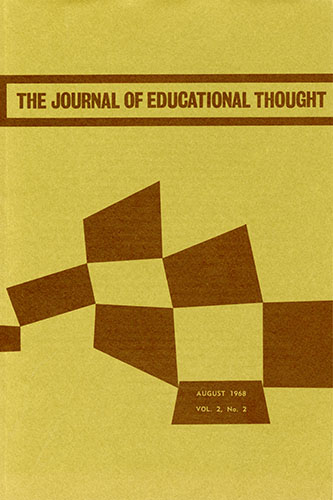Professionalism Without Autonomy: The Paradox of Modern Education
DOI:
https://doi.org/10.55016/ojs/jet.v2i2.43519Abstract
Every occupational group develops its own set of myths. They do this to make their activities more meaningful both to themselves and to the outside world. In effect, the myth fulfills the psychic needs of the individual member of the occupational group by linking his activities to symbols that enhance the worth of his activity. Thus, the nurse or the soldier can transcend the routine and what is often drudgery by identifying with the high ideals of service and patriotism; from this identification they derive meaning and a satisfaction that may not arise out of the actual work experience they are engaged in. The small business man, the minor bureaucratic official and the secretary derive a similar sense of meaning and worth that their demeaning tasks hold by appropriating the symbols of professionalism to themselves. Teachers also have their own set of myths which are ego-enhancing and which, like the other work groups, are only partially grounded in reality. I would like to suggest that the most important myth of teachers both for psychic and social reasons, is that they are professionals.
Downloads
Published
Issue
Section
License
The Journal of Educational Thought retains first publication rights for all articles. The Journal grants reproduction rights for noncommercial educational purposes with the provision that full acknowledgement of the work’s source be noted on each copy. The Journal will redirect to the appropriate authors any inquiries for further commercial publication of individual articles. All authors wishing to publish in JET will be asked to fill in and sign a Consent to Publish and Transfer of Copyright agreement.
Authors must affirm that any submission to JET has not been and will not be published or submitted elsewhere while under considration by JET.

